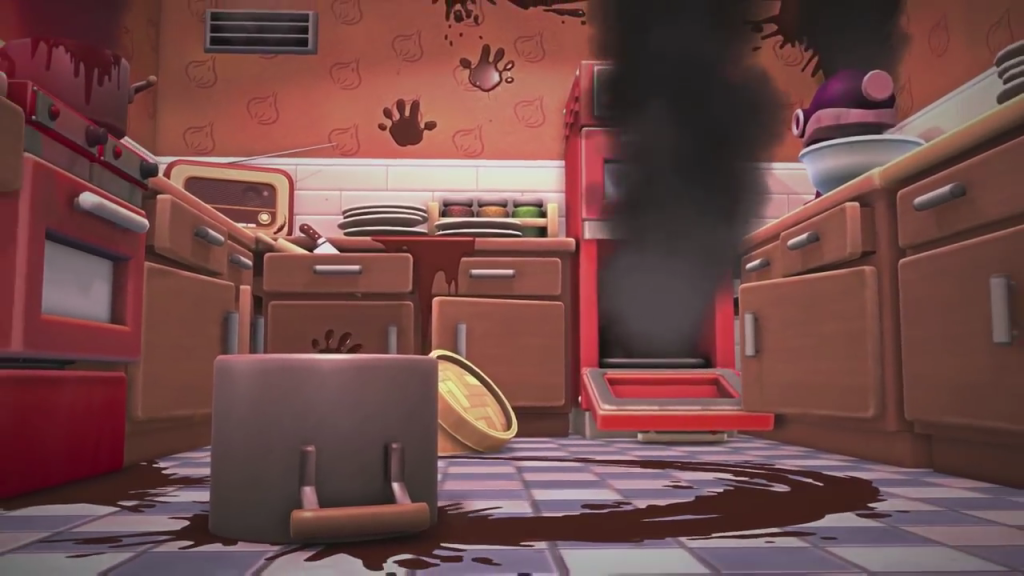Overcooked 2 has a bit of a reputation for destroying relationships, usually friendships. Really, any intensely cooperative game has the potential to spur arguments and frustration among otherwise solid bonds. My friend confided in me that the biggest fight he’s had with his future wife was while playing Portal 2.
So, naturally I decided to play Overcooked 2 with my fiancée. In my review,…








